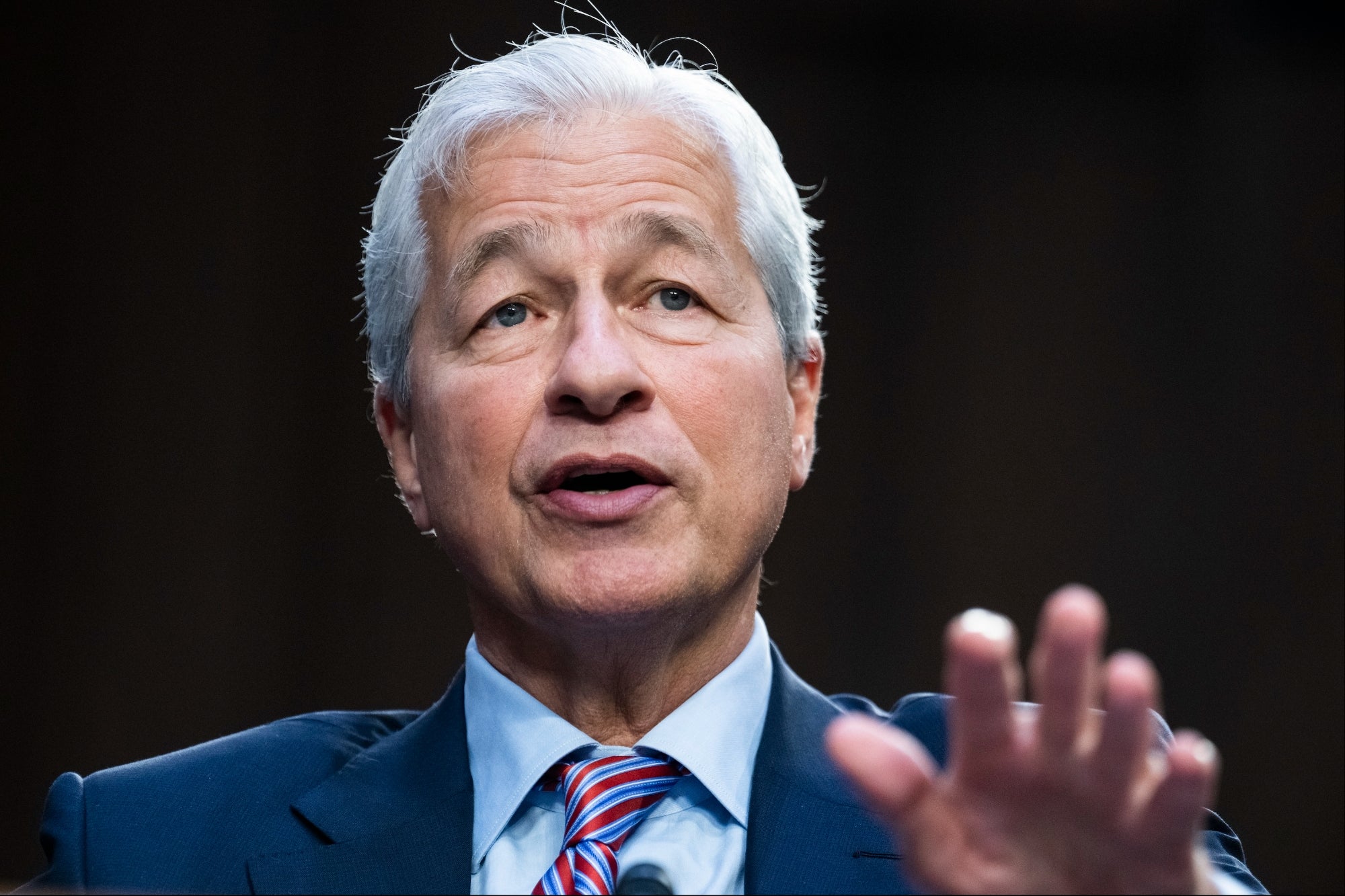How Blockchain Is Set To Transform The Healthcare Sector The healthcare industry is ripe for disruption via blockchain tech implementation in various operational areas.
By Ademola Adekunbi •
Opinions expressed by Entrepreneur contributors are their own.
You're reading Entrepreneur Middle East, an international franchise of Entrepreneur Media.

By 2020, global annual health spending is expected to go over US$8.734 trillion. In spite of that, there is a lot of dissatisfaction regarding the quality of services and the high cost that people face in order to access them. The healthcare industry had long been identified as being one of those that had the most potential to be disrupted by blockchain technology, but actual implementations were few and far between, possibly due to the industry's traditional reluctance to incorporate new technologies, until they have been proven to be reliable and safe enough. Nowadays though, there are myriad blockchain use cases coming to the fore, changing things up and future-proofing the industry.
Records management
One of the foremost attractions of the blockchain and many of the currencies it spawned is the accurate record-keeping it facilitates, so it's no surprise that the same feature is a major draw for the healthcare industry where there is a need for professionals and patients to have absolute confidence in the correctness of the information that is presented at any given time.
Data security has been a significant problem for the industry, with the Protenus Breach Barometer report showing that 40 million patient records were breached between 2015-2016. With blockchain tech, the common weak points can be eliminated, reducing the likelihood of breaches and enabling the information to be verified at each end much more expediently. A clear indication of the potential of blockchain in this area is the Abu Dhabi NMC Hospital's project to digitize all patient records on the blockchain.
Related: Built On Blockchain: Chapter One - In Trust We Trust
Internet of medical things
Derived from the popular IOT tag, the IOMT is simply; as put by Deloitte in this report, "a connected infrastructure of health systems and services." It includes wearable tech and those implanted in patients' bodies, devices in hospitals and other healthcare infrastructure, all with the ability to communicate with one another in order to monitor, inform and notify patients, care-givers and healthcare providers of health data which can then be acted upon promptly (drug use notifications or blood pressure spikes, for example) to prevent deterioration.
With the blockchain, the devices can communicate directly and save time as well as administrative costs that way. In addition, the risk of third-party tampering would be eliminated by the blockchain decentralized consensus feature. According to Jack Liu, CEO of ALLIVE, another great way to utilize blockchain tech to boost the IOMT would be to use crypto tokens as incentives for people to share their data with health institutions– "it would solve the problem of getting patients' consent and also increase the pool of available data massively."
Related: Built On Blockchain: Chapter Two - One Block, One Vote
Medical research
Medical personnel and scientists are constantly carrying out research to find cures for various diseases, as well as to improve current drugs and procedures. One common issue they often face, however, is the difficulty in analyzing the data efficiently and securely. With the blockchain serving as a base, the development of new treatments and clinical trials generally would be expedited since the traditional middle-entities would be eliminated in favor of direct communication. In addition, since the integrity of the results would be assuredly free from any manipulation, regulatory agencies, patients and other stakeholders would be able to make more informed decisions in a timely manner.
On the whole, it is clear beyond doubt that the healthcare industry is ripe for disruption via blockchain tech implementation in various operational areas. Beyond those highlighted here, more use-cases are likely to be innovated over the coming months and years, changing things up and making certain that the industry is ready for the potentials and challenges of ensuring that the future of the world will be a healthy one, with increased access to qualitative care and improved efficiency overall.
Related: How Fintech Is Changing The World (And How Blockchain Is A Part Of This)












